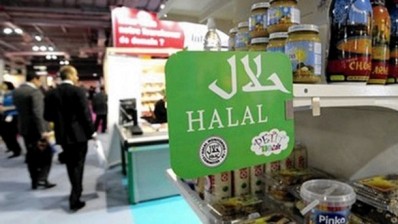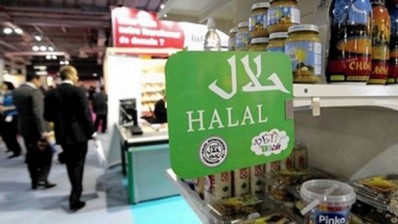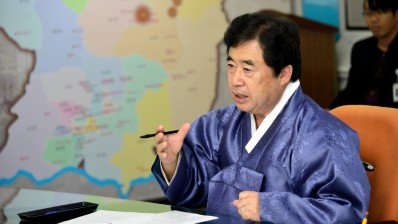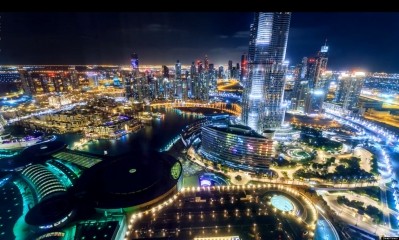Korea signs MOU with UAE for Halal, plans to double exports to $1.2bn
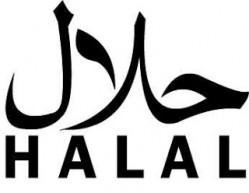
Korean president Park Geun-hye launched the initiative during a visit to the UAE this month. Under the terms of the MOU, Korean producers of Halal food will now be able to obtain certification from UAE authorities more easily, smoothing the import process.
“If we jointly establish a certification system and develop a menu fit for both cultures, we will be able to lead the global foods industry,” said president Park at a press conference in Abu Dhabi during her trip to the UAE.
Designated slaughterhouses
Following Park’s return, her government started the process of establishing new Halal bodies and schemes to promote the industry. At a cabinet meeting last week, the minister for agriculture, food and rural affairs, Lee Dong-pil, said the government would set up a Dubai branch of the Korea Agro-Fisheries & Food Trade Corp.
Lee also revealed Korea would operate designated chicken and cattle slaughterhouses for Halal meat, keeping Halal slaughter separate. The ministry also signed an MOU with the Korea Food Research Institute and the Korea Muslim federation to set up a task force for Halal food.
The Korea Muslim Federation is likely to be the organisation to issue Halal certifications on behalf of the UAE government, according to the agriculture ministry. The ministry will also build a dedicated “Halal food complex” within the under-construction food industry zone in Iksan, according to Korean media.
Halal priority for Korea
Halal food has become a significant focus area for Korea this year, as its producers see the potential of what is predicted to be a US$1.6trn global market by 2018. President Park singled out Halal has a priority for her government in her new year address in January.
“The government will foster agriculture as an export industry so that, using free-trade agreements as a stepping stone, our farm produce can go beyond China and Southeast Asian countries to reach Halal food markets, too,” said Park in her address.
A number of Korean producers have already moved to Halal production, with a view to exporting to the Middle East. According to the government-run Korean Information Service, instant noodle producer Nongshim started producing a Halal version of its noodles in 2011, and began exporting to Saudi Arabia, the UAE and Qatar – since launch the firm has seen sales rise from US$900,000 in 2011 to US$2.5m in 2014.
